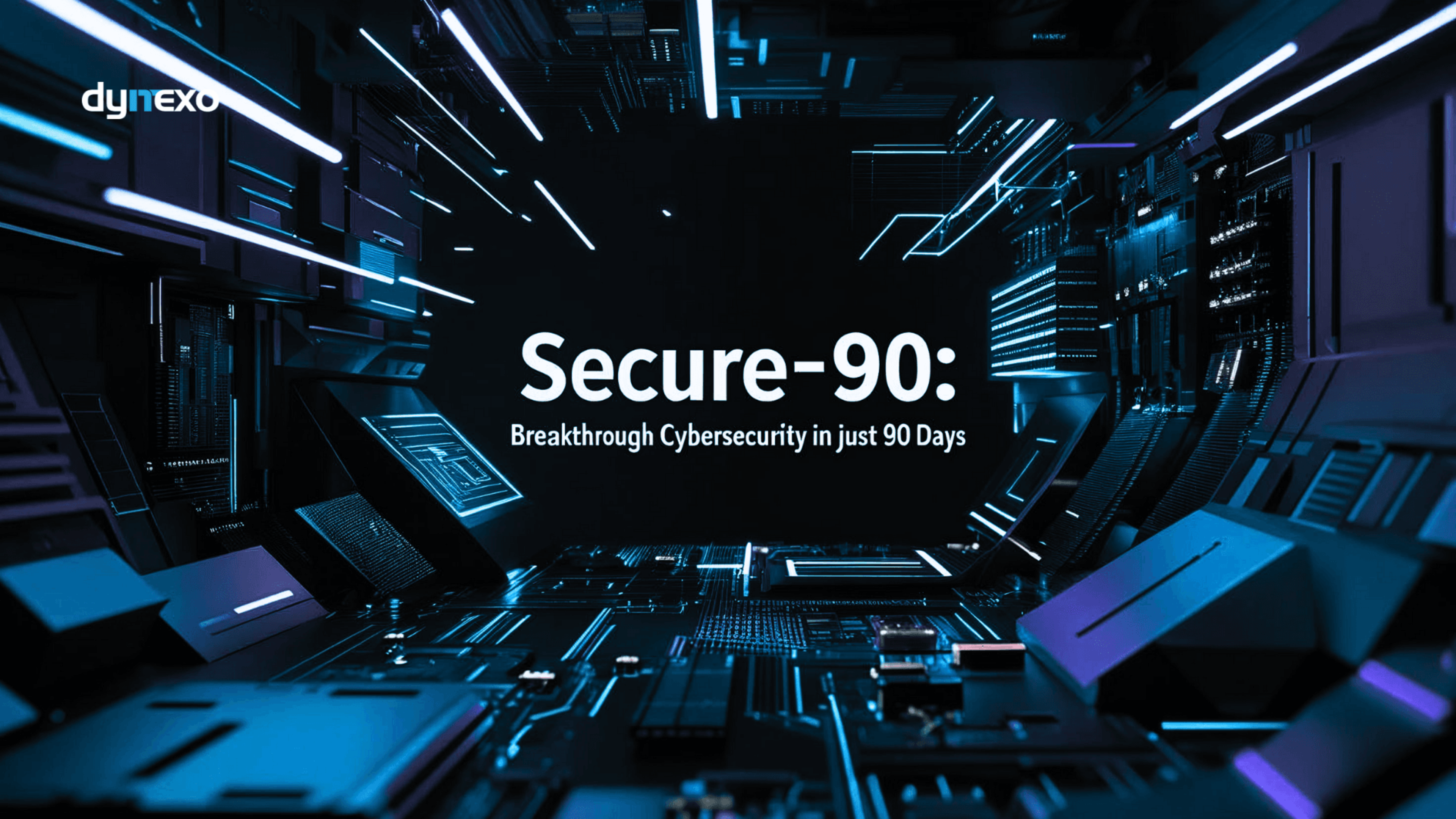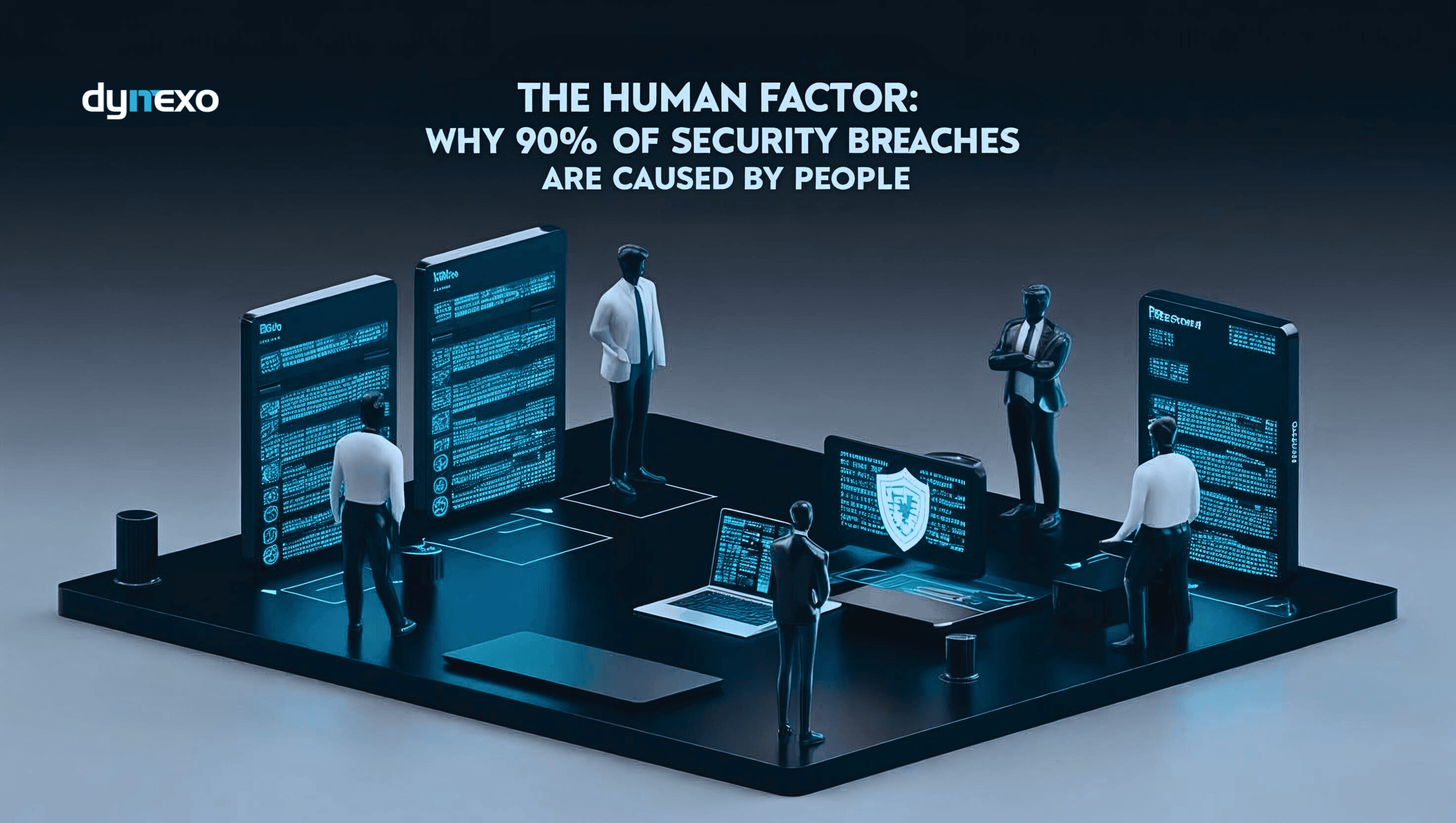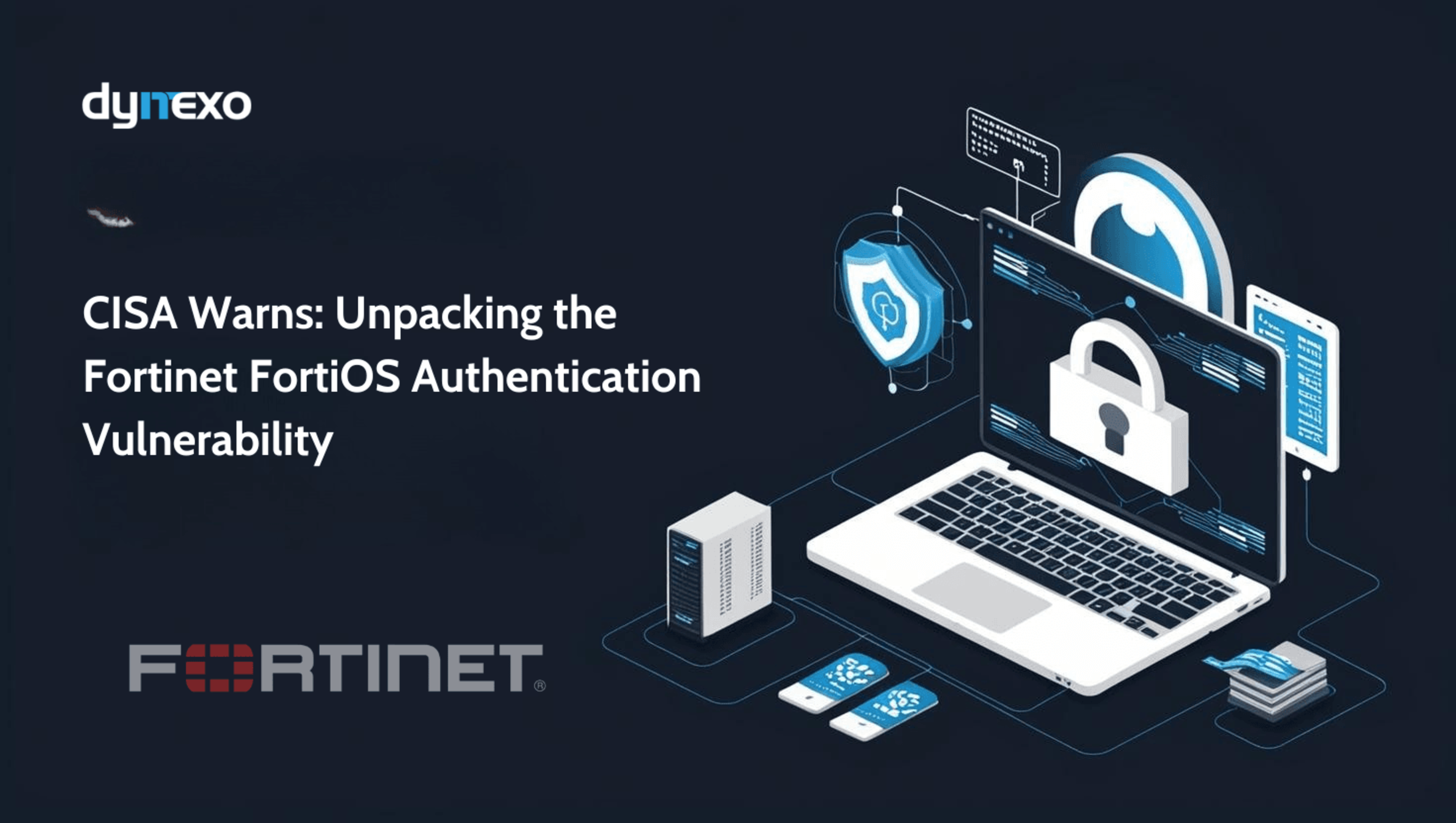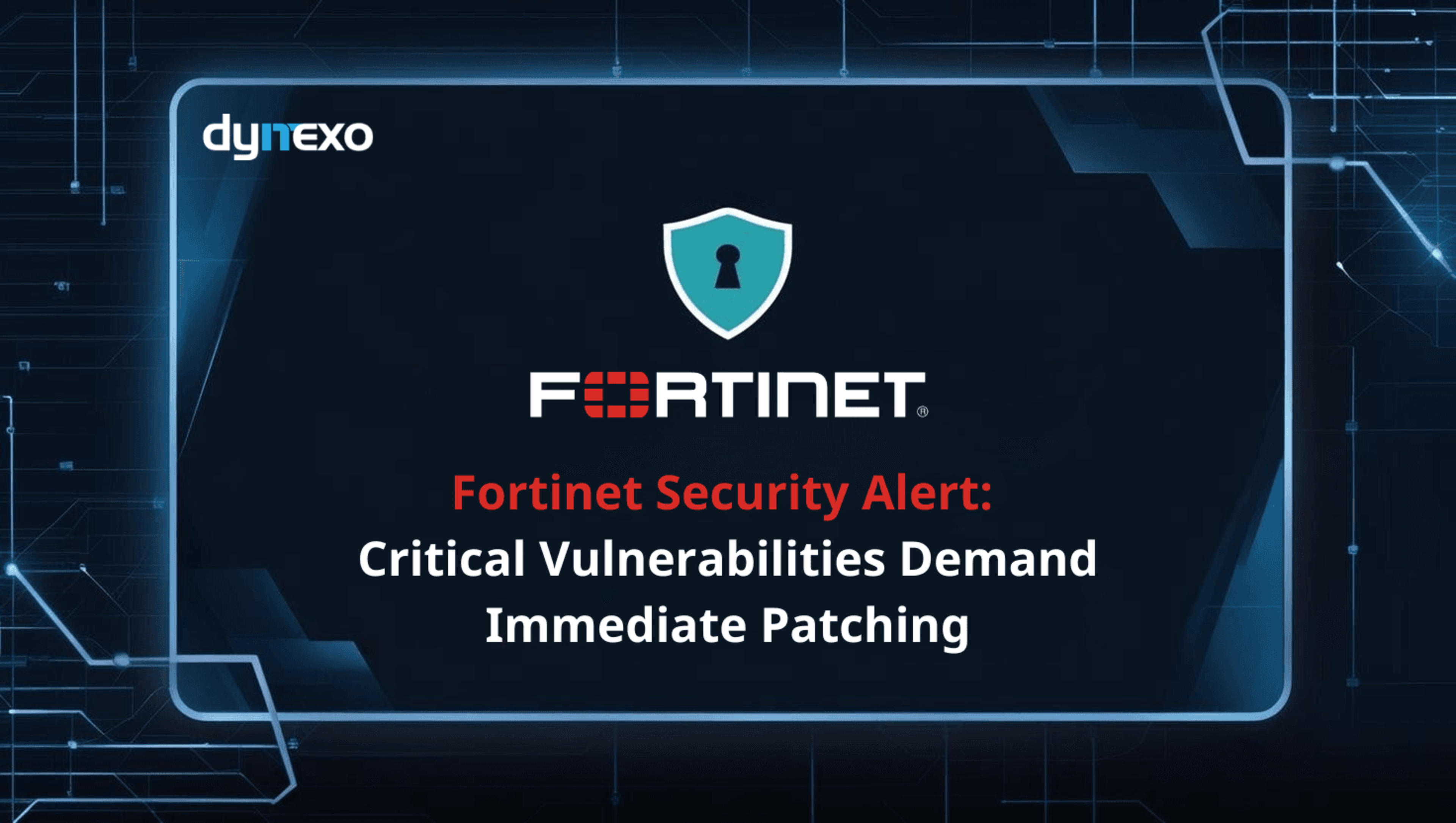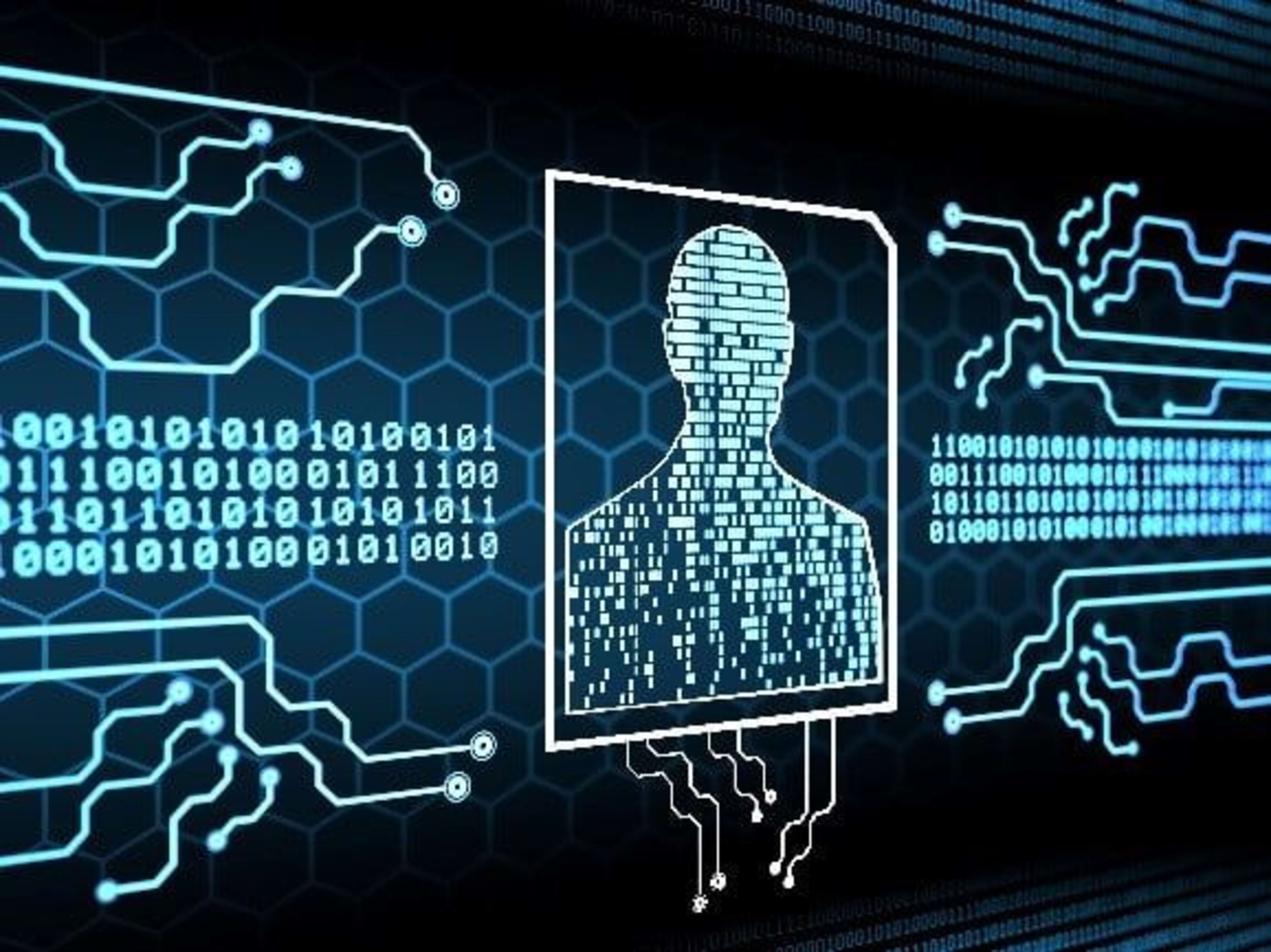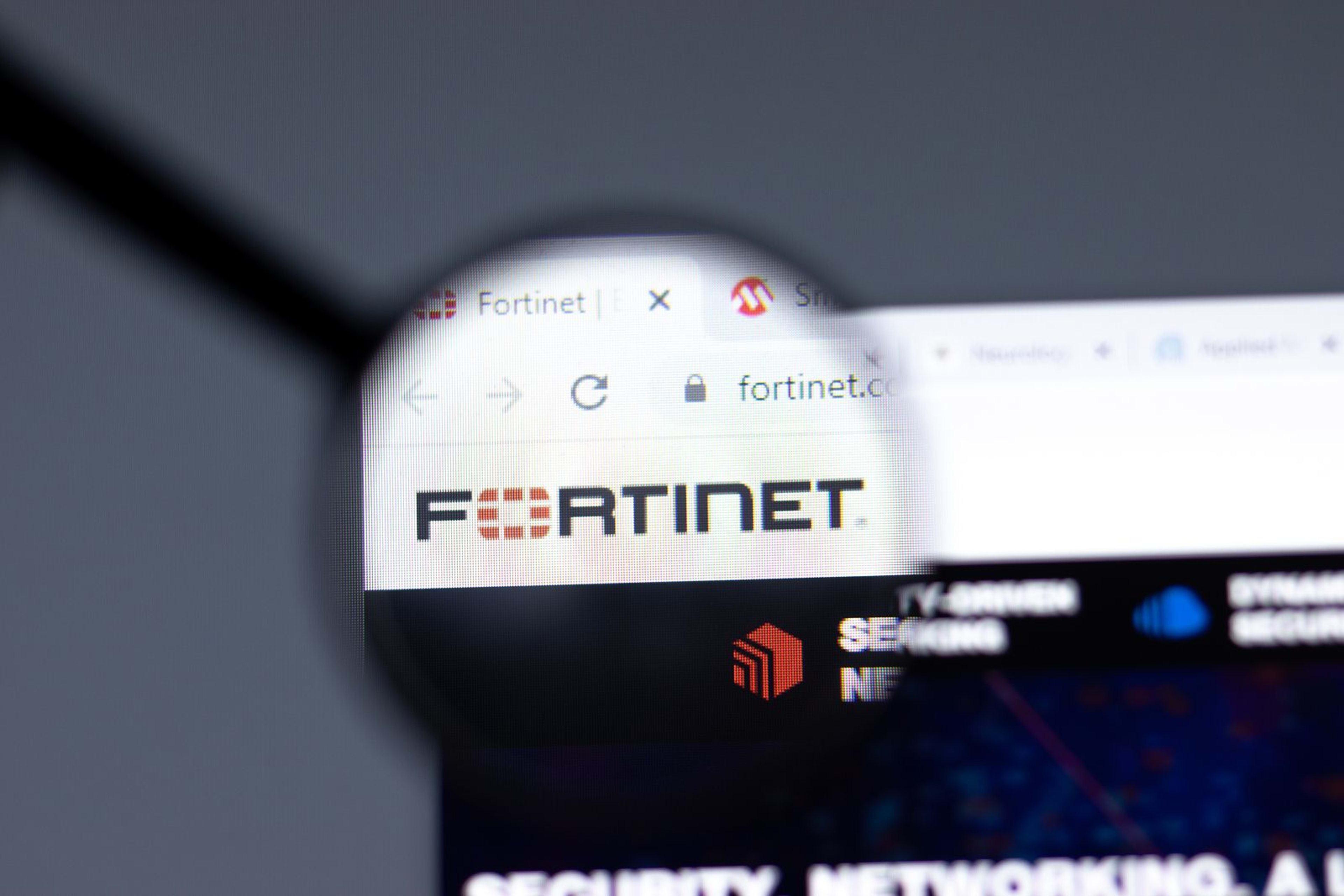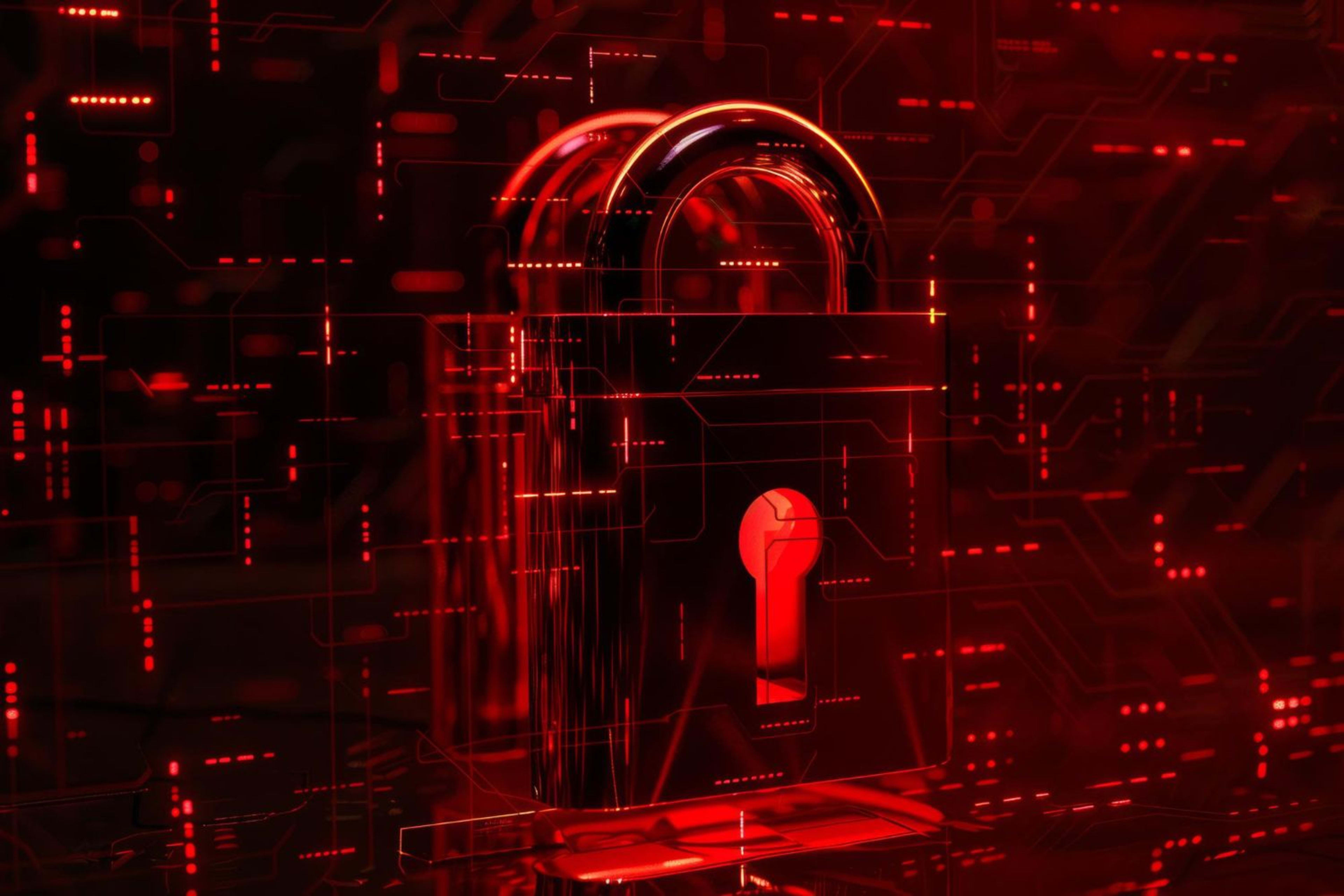Ethical Hacking: Role and Importance in Modern Security
Sven Gusek / 28.06.2024
Discover the vital role of ethical hacking in modern security. Learn how ethical hackers safeguard organizations from threats and ensure strong cybersecurity.
In today's digitally-driven world, cybersecurity has become a top priority for organizations of all sizes. With the rise in cyber threats, from ransomware attacks to data breaches, safeguarding sensitive information is more critical than ever. In an era where cyber threats are increasingly sophisticated, ethical hacking has become an essential component of modern security practices.
Ethical hackers, also known as white-hat hackers, play a pivotal role in identifying and mitigating vulnerabilities within an organization's digital infrastructure. This comprehensive blog post explores the significance of ethical hacking in today's cybersecurity landscape, its methodologies, and the critical skills required to excel in modern security.
What is Ethical Hacking?
Ethical hacking, also known as penetration testing or white-hat hacking, involves authorized attempts to gain unauthorized access to a system, network, or application. Unlike malicious hackers (black-hat hackers), ethical hackers have permission from the system owner to perform their tests, which means legally breaking into computers and devices to test an organization’s defenses.
Their goal is to uncover security weaknesses and provide recommendations for improving cybersecurity. Ethical hacking is a proactive measure to prevent cyber-attacks before they occur.
The Role of Ethical Hackers
Ethical hackers perform several crucial functions within an organization's security framework:
- Vulnerability Assessment: Ethical hackers conduct thorough assessments by using the same tools and techniques as cyber-criminals to identify potential vulnerabilities in systems, networks, and applications. By simulating attack scenarios, they can pinpoint weaknesses that could be exploited by malicious actors.
- Penetration Testing: Often referred to as pen testing, this process involves ethical hackers attempting to breach an organization's defenses using the same techniques as black-hat hackers. Penetration testing helps in understanding the effectiveness of existing security measures.
- Security Audits: Ethical hackers perform comprehensive audits of an organization's security policies, procedures, and practices. These audits ensure compliance with industry standards and regulatory requirements.
- Risk Management: Ethical hackers help organizations manage and mitigate risk by identifying and addressing vulnerabilities. This proactive approach minimizes the potential impact of cyber-attacks.
- Protecting Sensitive Data: Ethical hackers help safeguard sensitive data, including personal information, financial records, and intellectual property. By preventing data breaches, they protect both the organization and its customers.
- Incident Response: In the event of a security breach, ethical hackers assist in the investigation and response efforts. Their expertise helps in identifying the breach's cause and preventing future incidents.
- Compliance and Regulation: Many industries are subject to strict regulatory requirements regarding data protection. Ethical hacking helps organizations comply with these regulations, ensuring they meet all necessary security standards.
Importance of Ethical Hacking in Modern Security
The significance of ethical hacking in modern security cannot be overstated. Here are some key reasons why ethical hacking is essential:
- Proactive Defense: Ethical hacking allows organizations to take a proactive approach to cybersecurity. Instead of waiting for an attack to occur, they can identify and fix vulnerabilities before they are exploited.
- Compliance and Regulations: Many industries are subject to strict regulatory requirements related to data protection and cybersecurity. Ethical hacking helps organizations comply with these regulations, avoiding legal penalties and reputational damage.
- Enhanced Security Posture: Regular ethical hacking exercises improve an organization's overall security posture. Continuous testing and assessment ensure that security measures are up-to-date and effective against emerging threats.
- Cost Savings: Investing in ethical hacking can be more cost-effective than dealing with the aftermath of a cyber attack. The cost of a data breach, including fines, legal fees, remediation expenses, and loss of customer trust, can be devastating for any organization.
- Building Trust: Demonstrating a commitment to cybersecurity through ethical hacking builds trust with customers, partners, and stakeholders. Demonstrating a commitment to cybersecurity can enhance an organization’s reputation and credibility.
Ethical Hacking Methodologies
Ethical hackers employ various methodologies to identify and exploit vulnerabilities. Some of the common methodologies include:
- Reconnaissance: This phase involves gathering information about the target system or network. Ethical hackers use both passive and active techniques to collect data that can be used to identify potential vulnerabilities.
- Scanning: Ethical hackers use automated tools to scan the target system for open ports, services, and vulnerabilities. This step helps in creating a map of the target's attack surface.
- Gaining Access: In this phase, ethical hackers attempt to exploit identified vulnerabilities to gain unauthorized access to the target system. They use various techniques, including social engineering, password attacks, and exploiting software vulnerabilities.
- Maintaining Access: Once access is gained, ethical hackers try to maintain their presence on the target system. This step helps in understanding how a persistent attacker could exploit the system over time.
- Covering Tracks: Ethical hackers also demonstrate how attackers might cover their tracks to avoid detection. This phase helps organizations improve their incident detection and response capabilities.
Skills Required for Ethical Hacking
To excel in ethical hacking, individuals must possess a diverse set of skills, including:
- Technical Proficiency: Ethical hackers need a deep understanding of computer systems, networks, and applications. Proficiency in programming languages such as Python, C, and Java is essential.
- Knowledge of Security Tools: Familiarity with various security tools and frameworks, such as Metasploit, Nmap, and Wireshark, is crucial for ethical hackers.
- Problem-Solving Abilities: Ethical hackers must be adept at solving complex problems and thinking creatively to identify and exploit vulnerabilities.
- Up-to-date Knowledge: The cybersecurity landscape is constantly evolving. Ethical hackers must stay updated with the latest threats, vulnerabilities, and defensive techniques.
- Strong Ethics: As the name suggests, ethical hackers must adhere to a strict code of ethics. They should act with integrity and prioritize the organization's security above all else.
Conclusion
Ethical hacking is an indispensable aspect of modern cybersecurity. As cyber-attacks continue to rise, the role of ethical hackers will only become more critical in ensuring the security and resilience of digital infrastructures. Ethical hackers provide invaluable services by identifying vulnerabilities, strengthening security measures, and ensuring compliance with regulations.
Their proactive approach to cybersecurity helps organizations protect sensitive data, build trust, and avoid the devastating consequences of cyber attacks. By investing in ethical hacking, organizations can stay one step ahead of cybercriminals and safeguard their digital assets.

